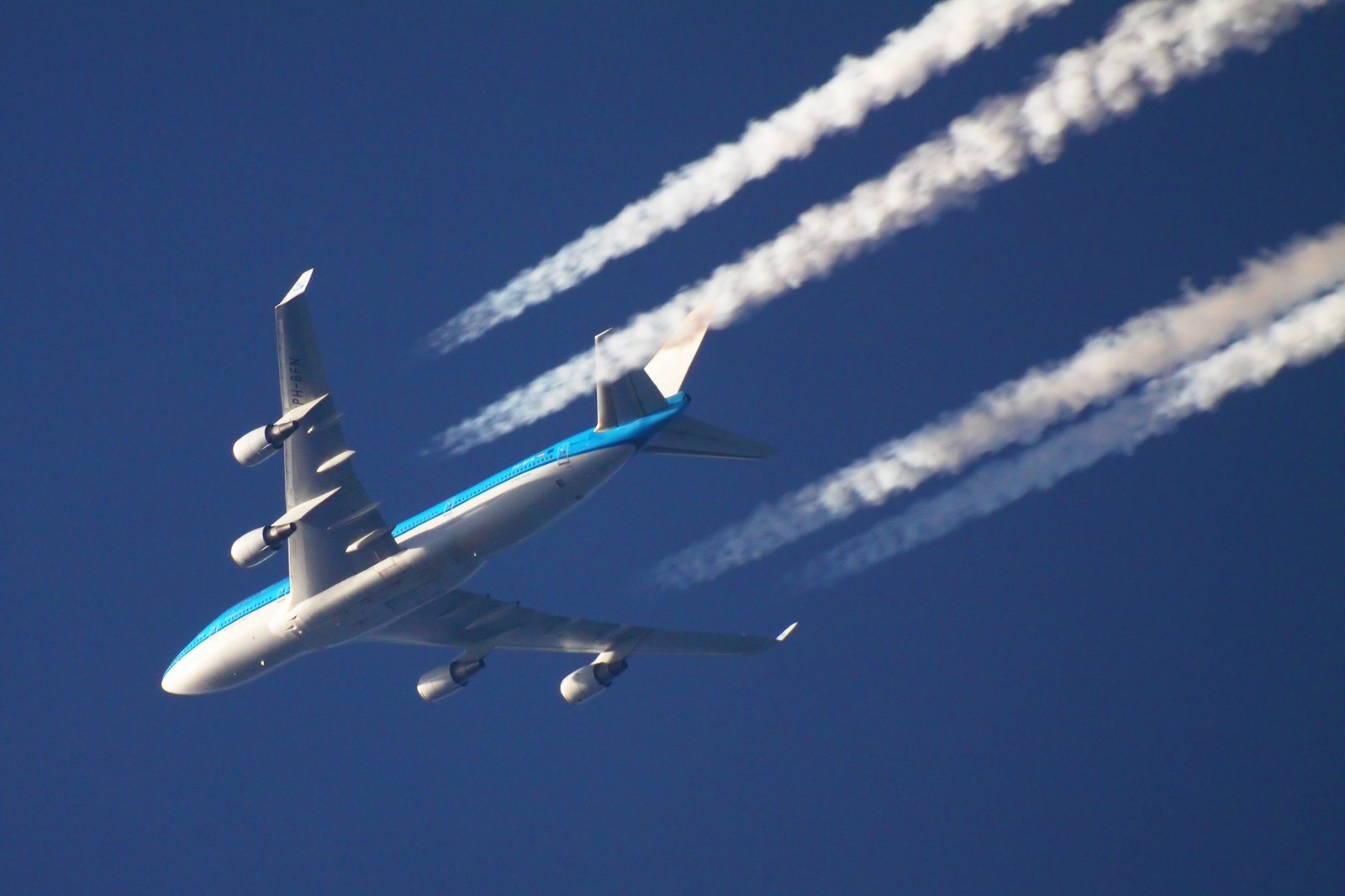
Europe refuses to give ICAO a blank cheque with aviation carbon scheme
Flights to and from Europe are set to be excluded from the EU emissions trading system (ETS) until the end of 2023 after a provisional agreement was reached between MEPs, governments and the European Commission. Meanwhile, for the first time there will be a cap on European aviation emissions, which would be progressively reduced from 2021. T&E said that this is very important since the question now shifts from ‘if’ to ‘how’ aviation decarbonises.
Interested in this kind of news?
Receive them directly in your inbox. Delivered once a week.
T&E welcomed the agreement on the future of the aviation ETS within Europe, and the decision not to proceed with the European Commission’s original proposal to exclude flights outside europe indefinitely. But T&E said but more improvements are needed.
The EU legislators also agreed on much greater scrutiny of a global measure – adopted last year by the UN’s aviation agency ICAO – before any decision will be taken about the EU agreeing to implement it. That ICAO scheme aims to offset emissions from international aviation above 2020 levels but is missing important rules regarding enforcement and environmental integrity.
T&E’s aviation manager, Andrew Murphy, said: ‘The provisional deal ensures there is no blank cheque for ICAO, and confirms that aviation will remain under a reformed EU ETS which will now see the cap on aviation emissions reduce each year, bringing aviation into line with other industry sectors.
‘A tightening emissions cap signals for the first time that aviation along with all other sectors needs to decarbonise. This is particularly important given that so little is known about the environmental effectiveness of the ICAO global measure.’ T&E also welcomed the commitment to review auctioning and finally take up the task of addressing non-CO2 climate impacts of flying which could be several times that of CO2.
T&E said the EU compromise still falls well short of measures necessary to address the aviation sector’s soaring emissions, which within Europe grew 8% in 2016 alone. Separately, legislators are discussing strengthening the rules governing the overall ETS, but even such reforms won’t alone be enough to set aviation on an emissions pathway consistent with the Paris agreement.
Andrew Murphy added: ‘A reformed EU ETS is also only part of puzzle. The EU must continue to promote complementary measures such as ending tax exemptions and phasing out state aid to the sector which only fuel emissions growth. The Commission must also follow through on the commitment to address non-CO2 emissions.’
ICAO is expected to finalise rules for its global measure within the next 12 months but we know that what is being proposed has weaker environmental integrity than even an unreformed EU ETS. The EU is expected to propose implementing legislation in response within a further 12 months. T&E said it will continue to work to ensure that the global measure has the maximum level of environmental integrity, and that it does not undercut greater regional action.
